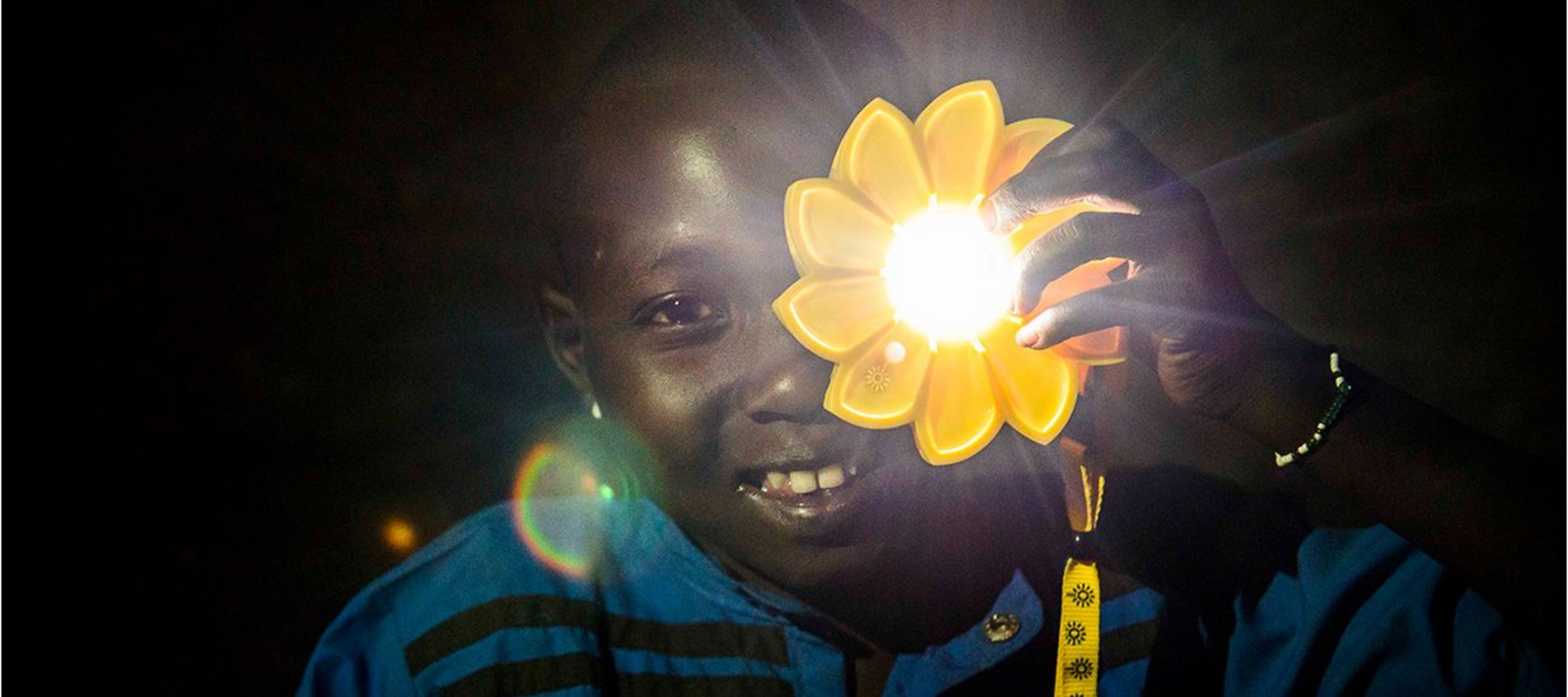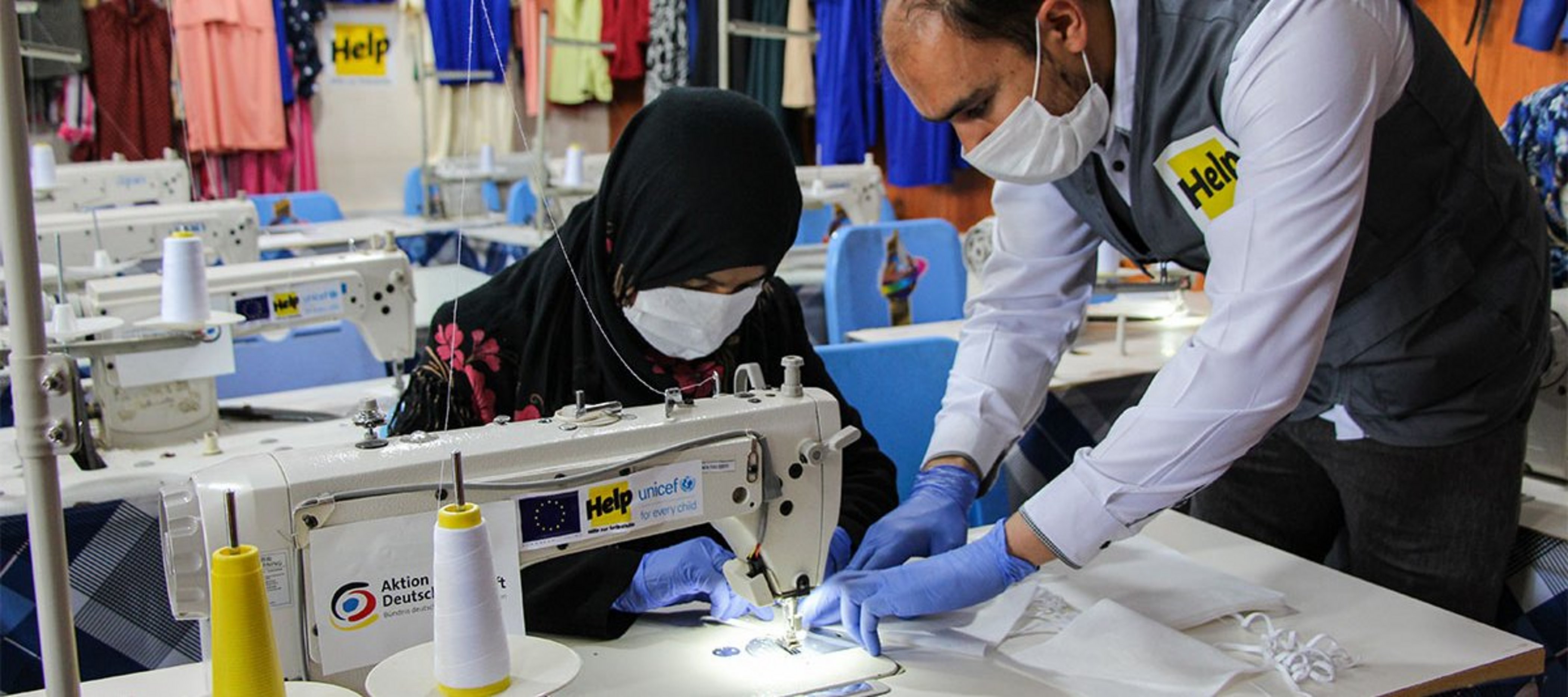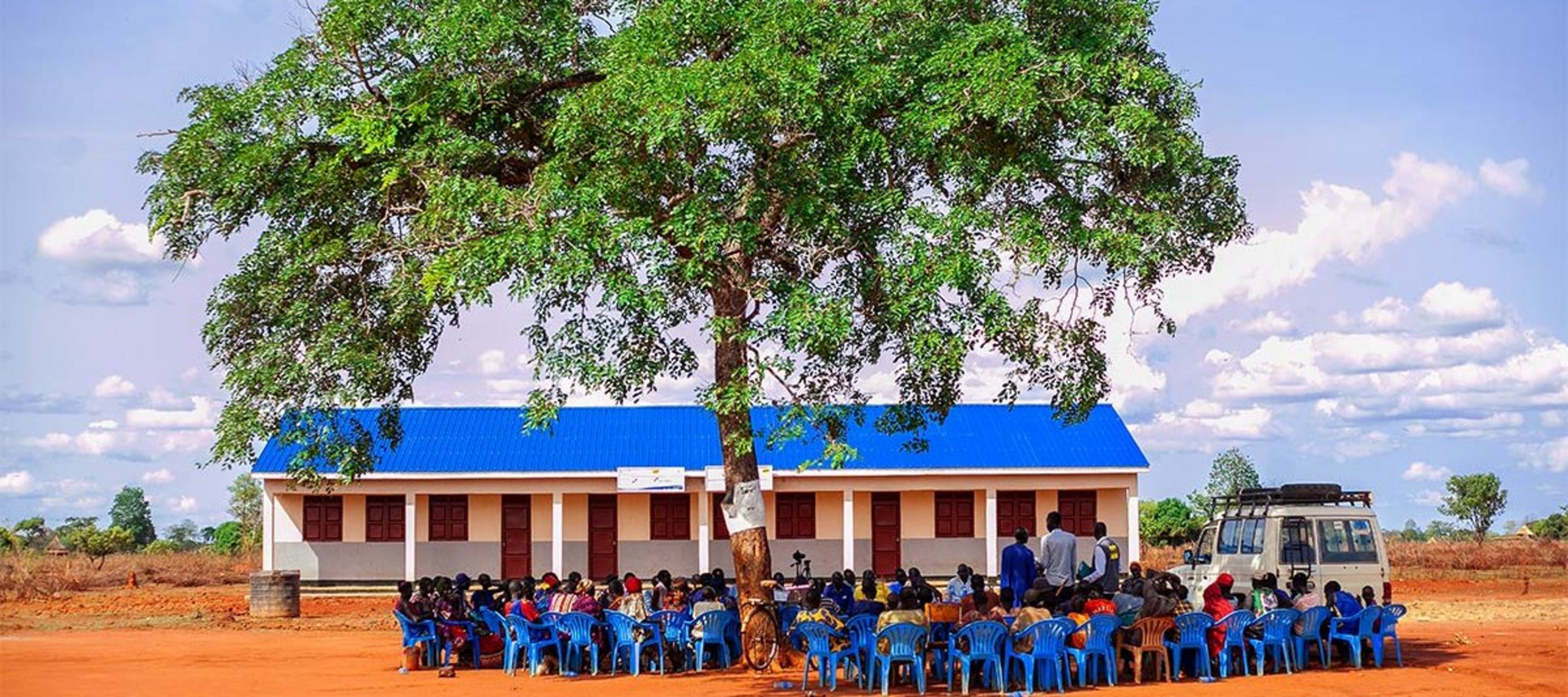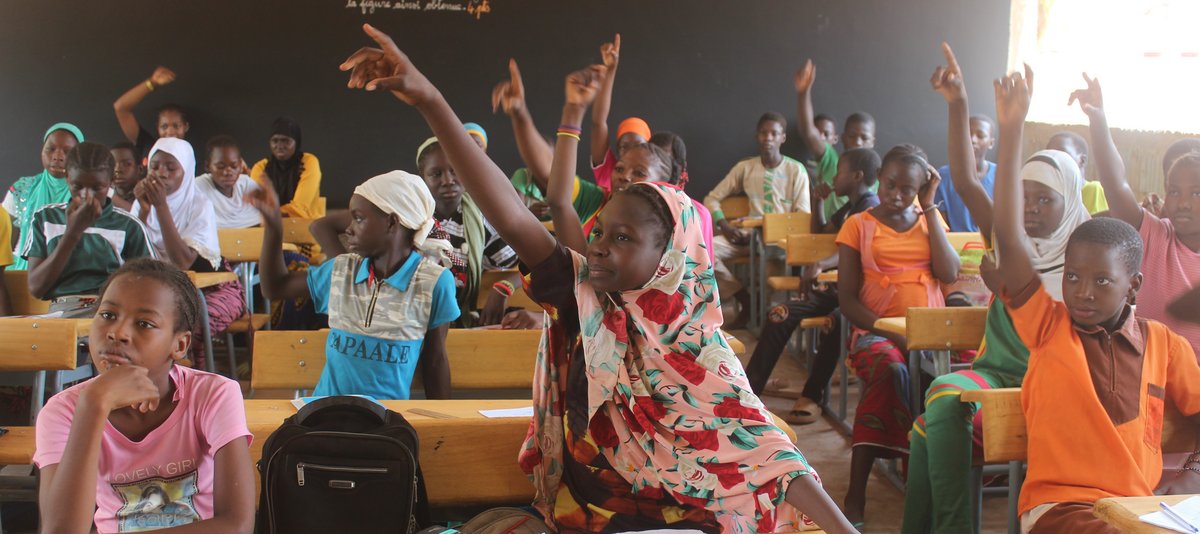Donate for education
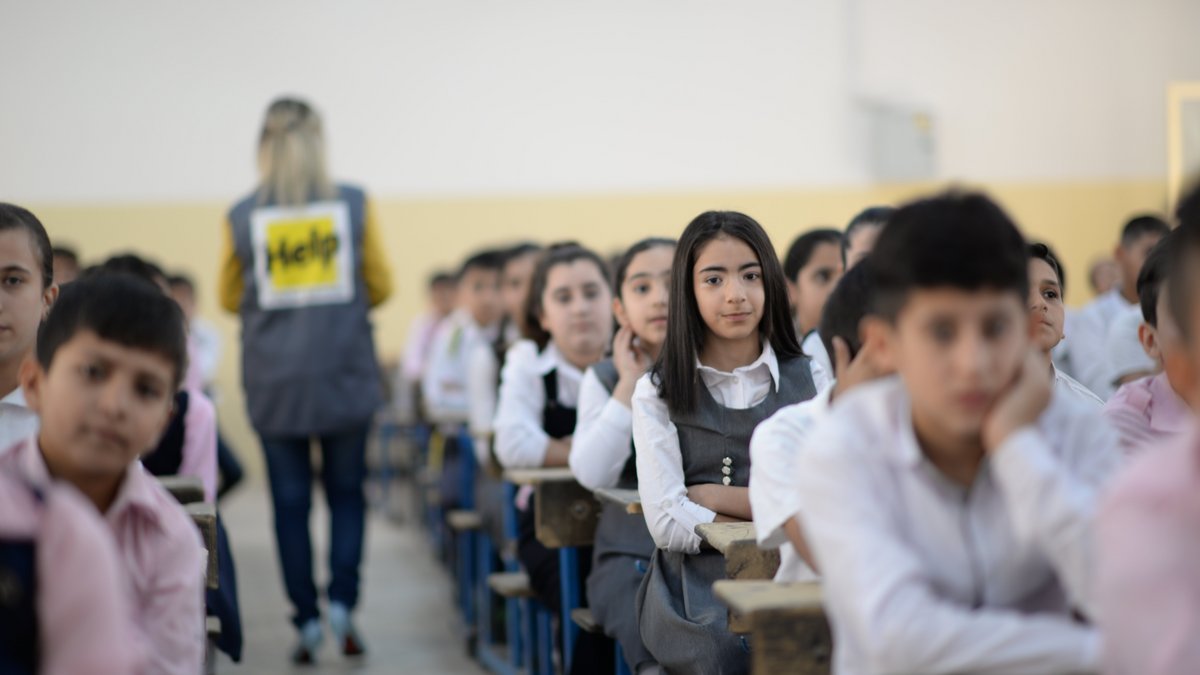
Education worldwide
The right to education is a human right. Education is essential for the development of the individual and the community. Help rebuilds schools that have been destroyed by war or natural disasters so that children can learn again. Help also promotes vocational training to create long-term prospects.
A lack of education has many reasons
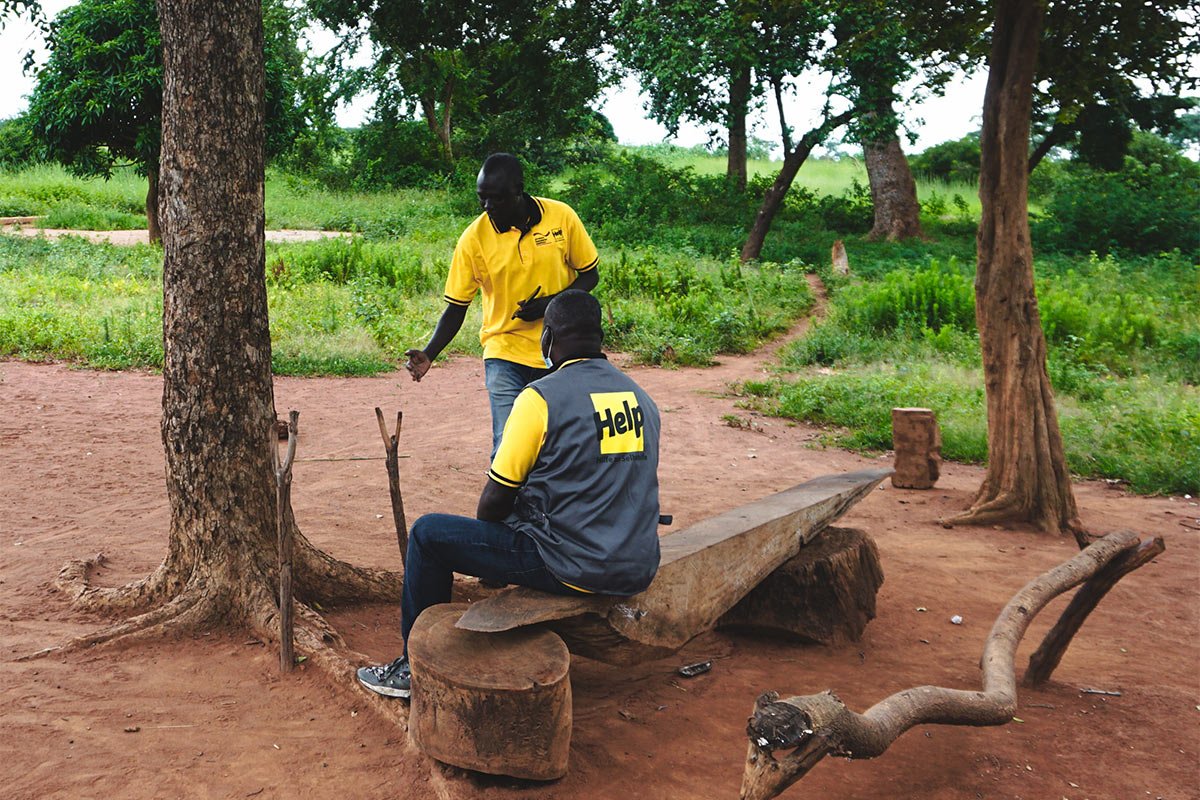
Worldwide, over 258 million children and young people of school age do not go to school. The majority of them live in Africa and South and West Asia. There are many reasons for this: a lack of infrastructure, poverty, displacement and social inequality.
Girls and children with disabilities are particularly disadvantaged. Many schools are not equipped for the disabled and there is a lack of sanitary facilities. Many girls are therefore unable to go to school during their periods or risk infection, as they often have no access to sanitary products such as pads, tampons or menstrual cups.
Children are often unable to go to school because they have to help their parents with household chores or work in the fields during the day. Instead of reading, writing or arithmetic, fetching water, cooking or washing clothes are on the timetable so that the family can be adequately provided for. Here too, girls are among the most disadvantaged children.
One of the most common reasons why so many children around the world do not receive an education is the lack of space for education. There are usually only a few schools in rural regions, partly because the pay for teachers is significantly lower than in large cities. In addition, schools are often destroyed, for example by natural disasters or wars. In crisis situations, schools are often used as emergency accommodation for refugees, meaning that lessons cannot take place.
Creating prospects with education
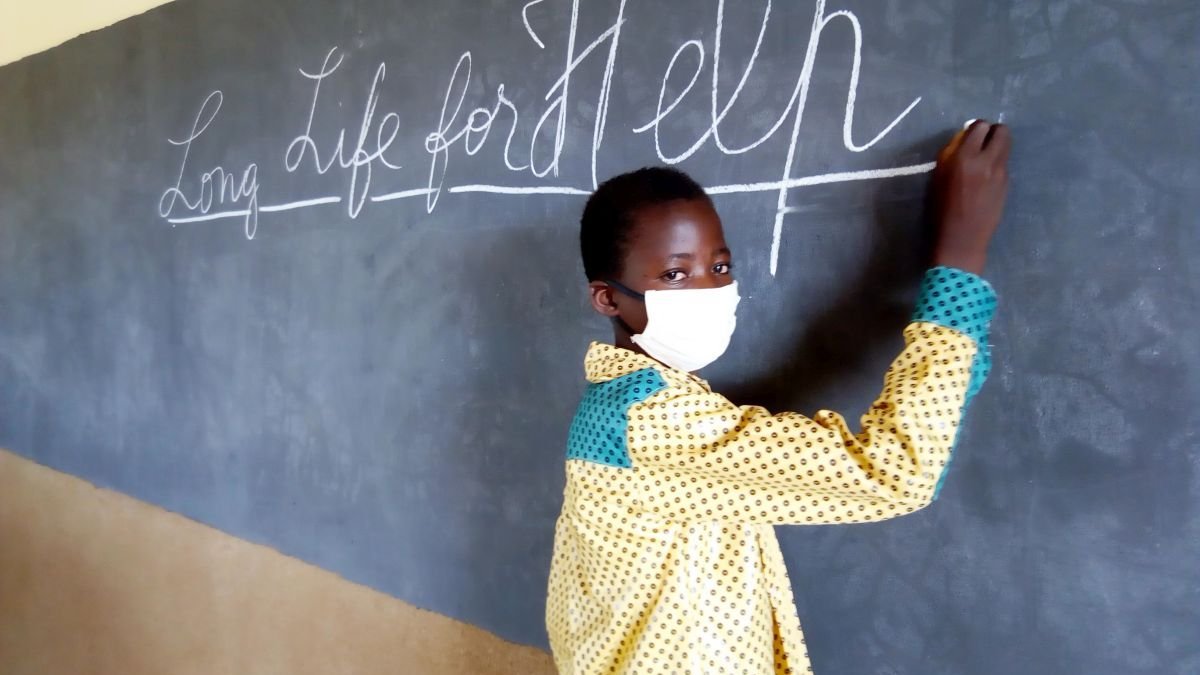
Our projects in the education sector work on two levels: Firstly, we provide children and young people with access to education. We build or repair schools, construct sanitary facilities and wells at schools and provide blackboards, desks and textbooks, for example.
On the other hand, we promote the education of young adults: We run training centers where marketable professions are taught. This gives young men and women long-term prospects.
Education is the key to a better future and creates opportunities for work, income and an independent and self-determined life.
My family had to flee Afghanistan because of the war. My parents couldn't find work in Iran and we couldn't go to school. Now that the war is over, we are happy to be back. Thanks to Help, my parents are getting vocational training and we can go back to school.
Halima, 15

